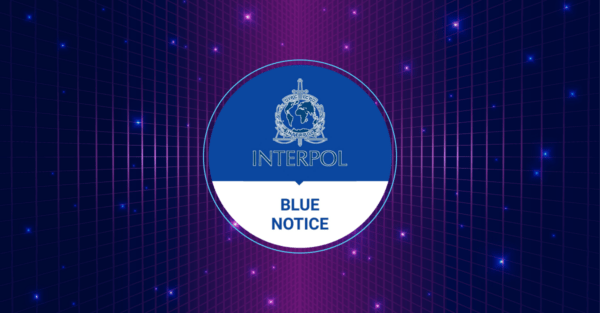
Blue Notices and Their Role in Human Rights Cases
Interpol Blue Notices are a special international cooperation tool that helps countries collect information about suspects, witnesses or persons related to cases under investigation. The main purpose of a blue notice is to find out the location of a person or identify him and collect information. This tool is often used to search for missing persons or obtain information about people suspected of involvement in transnational crimes. Let’s look at the role of blue notifications, current problems associated with them and how they can help international human rights lawyers.
How Blue Notices Support Cross-Border Investigation
Blue notice Interpol in international investigations, allow countries to effectively share information about suspects or witnesses. Often, criminals use borders as a refuge from justice, and this is where blue notices come to the rescue. For example, if a major fraud suspect is hiding abroad, blue alerts can be used to request information about his whereabouts and movements. This helps coordinate law enforcement efforts and speeds up the evidence collection process. Such notifications become indispensable in cases involving organized crime, smuggling and human trafficking.
The Connection Between Blue Notices and Human Rights Concerns
While Blue Notices are useful, they can raise human rights issues. Interpol is obliged to comply with international standards. This ensures that notifications are not used for political persecution or violation of citizens’ rights. For example, in some cases, governments may use Blue Notices to target political opponents or activists. This is of concern to the international community, as such actions may violate the rights to freedom of expression and movement. Blue Notices were applied strictly within international norms and were not used to suppress dissent.
Misuse of Blue Notices in Human Rights Cases
Unfortunately, in some cases blue notices are used inappropriately. For example, authoritarian regimes may submit requests to Interpol to harass political dissidents, activists and journalists. Such actions undermine confidence in the system of international cooperation and jeopardize Interpol’s reputation as a neutral organization. There are examples where blue notices have been used to pressure asylum seekers in other countries. This is contrary to the basic principles of protecting the rights of refugees and migrants. This creates a dangerous precedent and requires strict control over the validity and legality of such requests.
Legal Defenses Against Abusive Blue Notices
Individuals who are victims of Blue Notice abuse have the right to have their interests protected. INTERPOL provides mechanisms to appeal such notifications, and victims may appeal to the INTERPOL Files Monitoring Commission.
In addition, international human rights organizations and lawyers help defend those who are being abused. Also, any actions related to the notification may be challenged in court. If there is evidence of political motivation or human rights violations.
Balancing Security and Human Rights in Interpol Notices
Balancing security and protecting human rights is a difficult but necessary task for Interpol and the international community. On the one hand, Blue Notices help in combating transnational crime and maintaining global security.
On the other hand, their misuse can lead to serious human rights violations. To maintain this balance, it is important that notifications are carefully reviewed to ensure compliance with international standards and principles of fairness. This is the only way to ensure that Blue Notices remain an effective tool in the fight against crime without becoming a tool of political pressure. Thus, Interpol Blue Notices are an element of international cooperation, but their use must be as transparent as possible and comply with human rights standards.
This article was prepared by a qualified lawyer from the international law firm Interpol Konstantin Zivlo.













































